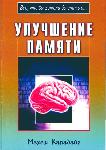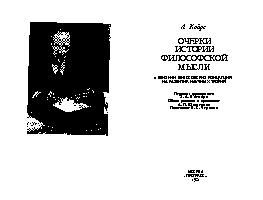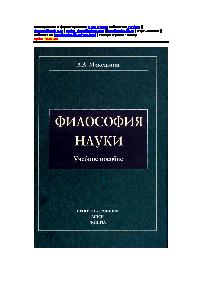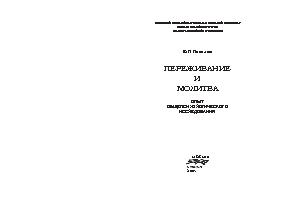О книге «Cities of Tomorrow. An Intellectual History of Urban Planning and Design Since 1880»
Peter Hall’s seminal Cities of Tomorrow remains an unrivalled account of the history of planning in theory and practice, as well as of the social and economic problems and opportunities that gave rise to it. Now comprehensively revised, the fourth edition offers a perceptive, critical, and global history of urban planning and design throughout the twentieth-century and beyond. A revised and updated edition of this classic text from one of the most notable figures in the field of urban planning and design Offers an incisive, insightful, and unrivalled critical history of planning in theory and practice, as well as of the underlying socio-economic challenges and opportunities Comprehensively revised to take account of abundant new research published over the last decade Reviews the development of the modern planning movement over the entire span of the twentieth-century and beyond Draws on global examples throughout, and weaves the author’s own fascinating experiences into the text to illustrate this authoritative story of urban growth
Произведение относится к жанру Философские науки. Социология. На нашем сайте можно скачать книгу «Cities of Tomorrow. An Intellectual History of Urban Planning and Design Since 1880» в формате pdf или читать онлайн. Здесь так же можно перед прочтением обратиться к отзывам читателей, уже знакомых с книгой, и узнать их мнение. В интернет-магазине нашего партнера вы можете купить и прочитать книгу в бумажном варианте.
Смотрите также:
- «Власть идентичности. Рецензия на книгу: Soviet and Post-Soviet Identities / Mark Bassin, Catriona Kelly . Cambridge; N. Y.: Cambridge University Press, 2012»
- «Ницше: принципы, идеи, судьба» Черепенчук Валерия Сергеевна
- «Anthropology in the Public Arena. Historical and Contemporary Contexts»
- «Structural Equation Modeling. Applications Using Mplus»
- «Английская Утопия»
- «Cities in Relations. Trajectories of Urban Development in Hanoi and Ouagadougou»
- «Как надо понимать сближение с народом?» Леонтьев Константин Николаевич









